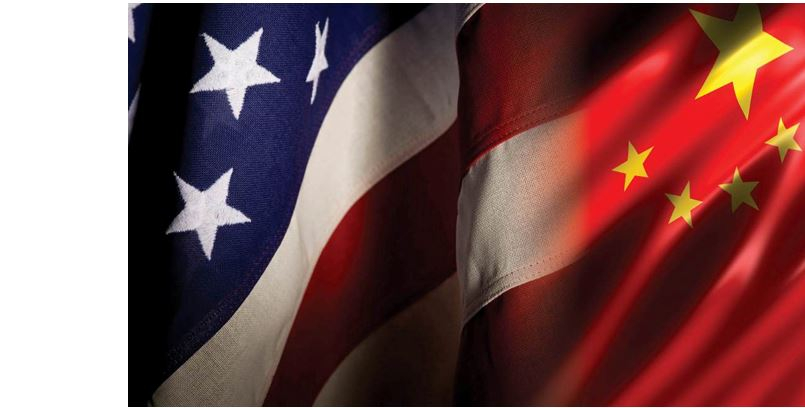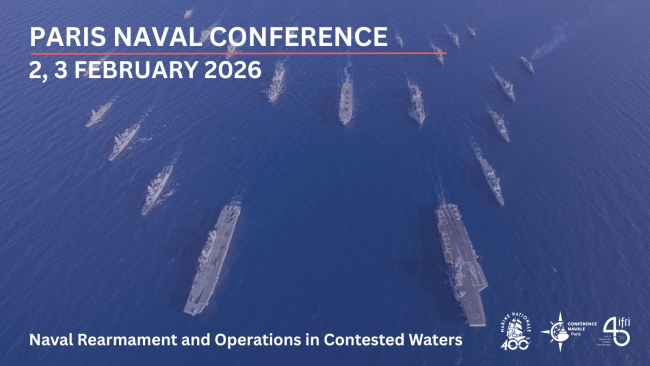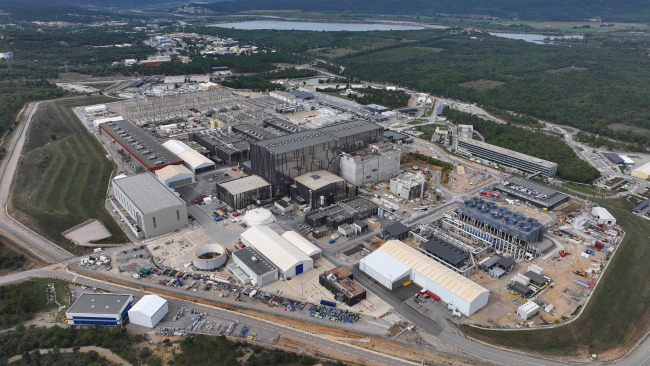
Practical information
Beijing flexes its economic muscle with frequent success in pursuit of Chinese geopolitical aims. By contrast, the United States has largely forgotten the historic role of geoeconomics in American foreign policy. The United States must come to grips with the reality that the current global landscape is populated by a set of countries, most particularly China, which deploy modern economic tools in pursuit of their national interests. Policymakers in Washington need to give more regular, rigorous, and sophisticated consideration to geoeconomics, especially since so many of today’s greatest strategic challenges cannot be fully understood – let alone addressed – without appreciating the economic forces driving them.
Conference chaired by Dominique David, Advisor to the Executive Chairman

Robert Blackwill is Henry A. Kissinger senior fellow for U.S. foreign policy at the Council on Foreign Relations (CFR). His current work focuses on American foreign policy writ large as well as China, Russia, the Middle East, South Asia, and geoeconomics.
Most recently, Ambassador Blackwill was senior fellow at the RAND Corporation in Santa Monica, California, from 2008 to 2010. As deputy assistant to the president and deputy national security advisor for strategic planning under President George W. Bush, Ambassador Blackwill was responsible for government-wide policy planning to help develop and coordinate the mid- and long-term direction of American foreign policy. He also served as presidential envoy to Iraq, and was the administration's coordinator for U.S. policies regarding Afghanistan and Iran.
He is a member of the Council on Foreign Relations, the International Institute for Strategic Studies, the Trilateral Commission, and the Aspen Strategy Group; and on the board of Harvard University's Belfer Center for Science and International Affairs.
Other events

Paris Naval Conference 2026: Naval Rearmament and Operations in Contested Waters
This fourth edition of the Paris Naval Conference (CNP), bringing together high-level military, industrial, and academic speakers, will address the challenges associated with general naval rearmament and naval operations in increasingly contested environments.

Is Fusion Coming Faster and Cheaper than Expected?
ITER was for long time the embodiment of fusion as an international, long standing R&D cooperation objective to seek a new way to produce safe, low carbon and abundant low carbon electricity. Yet over past years, fusion start ups, several governments and investors have decided to push fusion R&D and deployment to complement ITER. Major efforts are ongoing notably in the United States, China, Germany, Italy.






